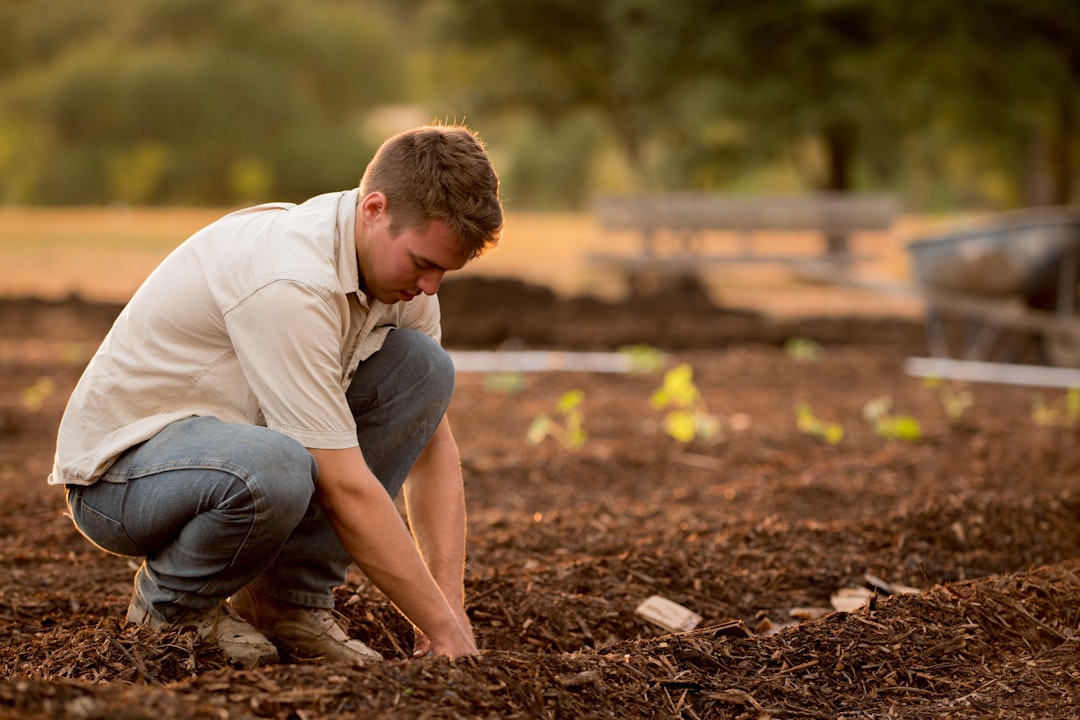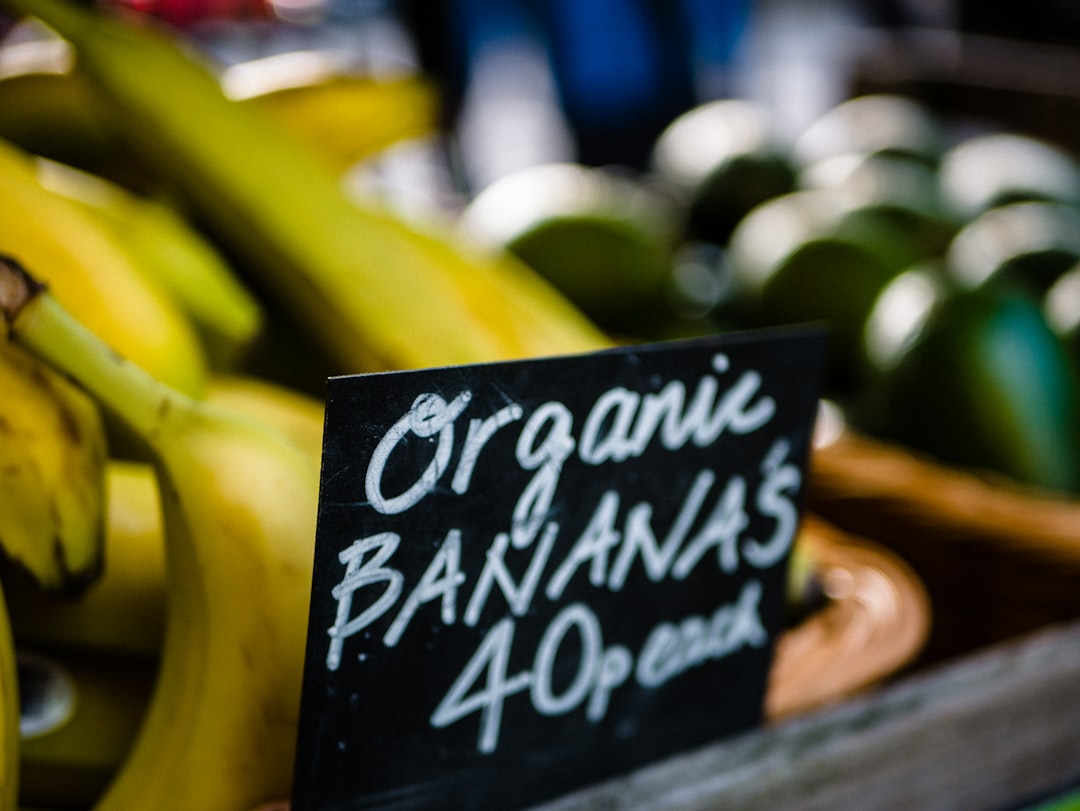We give you our top tips on going green
With the effects of global warming on our planet becoming an ever increasing problem and with single use plastic clogging up our oceans, 8 million tonnes of it in-fact according to the Ocean Concervancy, it’s no surprise that many of us are wanting to make a change to the way we eat and consume food by making more sustainable and green choices.
When it comes to what we eat, we’ve never had more choice, with supermarket shelves crammed full of food. But ironically the more food we have access to, the less healthy, more processed and less flavoursome it has become.
Eating more sustainably doesn’t require a complete lifestyle overhaul, nor does it mean drastic changes need to made, going green when it comes to food can be easy to implement and simply done by making a few small changes to your eating habits.
Why eat sustainably?
There are many reasons to eat more sustainably, one of them being to protect the environment, not only for today but in the future too. By making better choices when it comes to food sustainability, whether that be by looking into where our food comes from and how it is grown to simply growing our own fruit and veg and cutting down on waste, this can help to make sure that food production lasts not only for today but also tomorrow. Some other great reasons to go green are:
· Sustainable foods are typically healthier
· Produce is grown with fewer and less harmful pesticides
· Sustainable farming supports local economies
· Less waste is produced in sustainable farming
Sound good? Here are our tips to get you started on the sustainability ladder!
Eat more plants
Whilst going 100% vegan may not be possible for many of us, eating more plant based foods and cutting back on the amount of meat we consume is definitely viable. Plants take up less space on the planet than animals, with livestock taking up 80% of the world’s agricultural land but only providing 20% of the calories we consume.
Plants also use up less water than it takes to grow, wash and clean meat. Whilst in our lifetime it seems that we have an infinite supply of water, a higher population around the world also means a higher demand for water supply.
Grow your own food
With the recent events of lockdown due to the covid-19 pandemic, the population has had more time to slow down and appreciate the world around us, so now seems like the perfect time to make use of any outdoor space you may by creating your own fruit or veg patch.

You don’t have to be an expert to give it a try, as there are a wide range of products available that makes to process easier. From grow bags to starter packs plus a wealth of informative guides to read on the internet, getting green fingered has never been easier. A hobby that gets you outside, keeps you moving and gives you something to focus on and nurture isn’t just good for your physical health, but for your mental health too.
Eat locally sourced produce
Buying close to home not only helps the environment, but locally sourced produce tastes better and fresher compared to mass produced fruit and veg in your local supermarket. As well as that, buying produce from your local farmers market or dairy farm means the mileage your food has travelled has reduced drastically, reducing it’s carbon footprint. If you can walk or cycle to your nearest market, even better.

Cut back on packaging
As mentioned above, plastic is becoming increasingly problematic for our planet, so it’s important that we all do our bit to reduce our plastic use, no matter how small, to make a big impact on how much we throw away. Opting for food that isn’t packaged is a lot easier to do at a farmers market, bringing your own tote bag with your to carry your produce in for example, but now many supermarkets are offering waste-free alternatives too.
Re-usable packaging for fruit and veg as well as bringing your own containers for nuts, seeds and cereals now operate in some supermarkets to reduce waste, but why not look into re-purposing your old packaging too? Turn that jam jar into a pen pot, re-use your prepped pots container as a money box or as a re-usable meal prep container, or transform your old peanut butter tub into a plant pot. The possibilities are endless!

